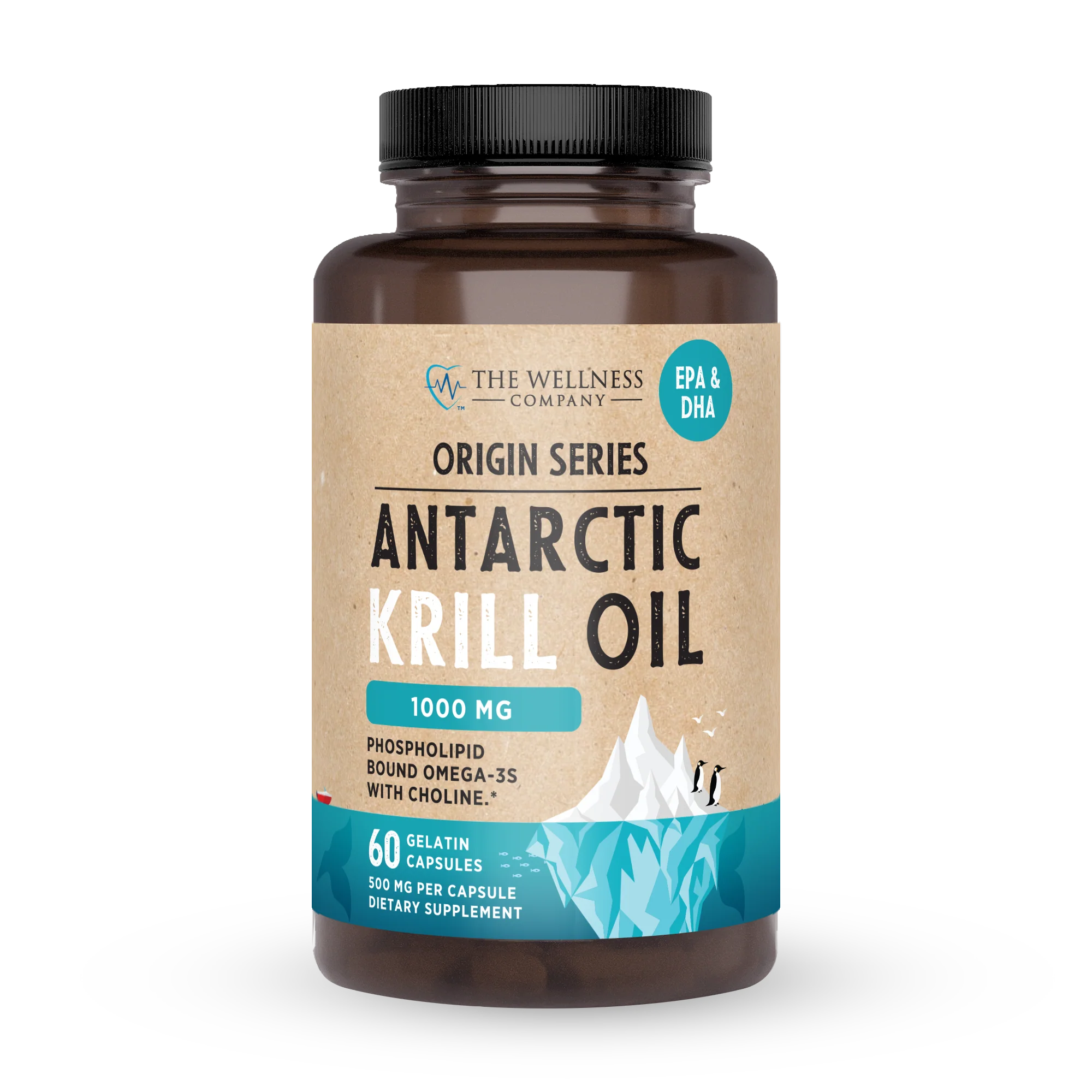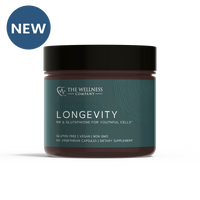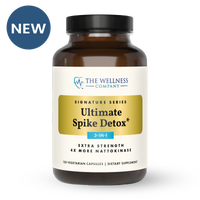Boost Your Brain Health with Omega-3 Fatty Acids

As we grow older, maintaining a sharp mind and delaying cognitive decline becomes a priority for many. While we have a variety of tools at our disposal to optimize brain health, science is increasingly shedding light on the significance of our diet in supporting cognitive function.
In particular, the spotlight has been cast on the role of a powerful nutrient already present in many of our pantries: Omega-3 fatty acids. These unique nutrients, which have been extensively studied for their myriad health benefits, are now making waves in the realm of brain health.
What Are Omega-3 Fatty Acids?
Omega-3 fatty acids are a type of dietary fat that are essential for our bodies to function. They are technically termed "essential" because our bodies cannot produce them on their own; we must obtain them from our diets or through supplementation.
Omega-3's are found in a variety of foods, particularly in fish like salmon and tuna. When people talk about omega-3s, they're usually referring to two types: eicosapentaenoic acid (EPA) and docosahexaenoic acid (DHA). These are often the focus of scientific studies due to their unique structural composition.
Recent research published in Neurology demonstrated a promising link between the amount of omega-3 fatty acids in peoples' bloodstream and the quality of their brain's structure and cognitive function.
While most science examining omega-3's has focussed on older populations, this study was unique in correlating omega-3 levels and brain structure in younger adults. The scientists recruited over 2000 participants, using a technique called gas chromatography to measure the concentration of omega-3's (DHA and EPA) in their red blood cells. The omega-3 index was then calculated by adding the two together.
Having a high omega-3 index, it turned out, was linked to healthier brain structure, particularly in the hippocampus, an area responsible for learning and memory (it is this area that declines in some forms of dementia). Moreover, those consuming more omega-3s were observed to have improved abstract reasoning, the ability to understand complex ideas and apply logical thinking.
Another intriguing finding in this study was that participants with a certain genetic variation, which puts them at a higher risk for Alzheimer's disease, benefited from higher omega-3 intake by exhibiting less small-vessel disease, a condition associated with vascular dementia and cardiovascular disease. This discovery holds promising implications for how dietary adjustments can counteract genetic vulnerabilities.
Why Are Omega-3's Protective?
While the science behind how DHA and EPA work to protect the brain isn't fully settled, there are a couple of main theories. One is that omega-3's exert their protect effect by structurally supporting the membranes of our brain cells (the critical layer of fat surrounding and protecting each neuron). Another idea is that the anti-inflammatory properties of DHA and EPA protect our neural structures. Regardless of the mechanism, increasing omega-3 consumption, even just a bit, appears to have protective benefits for the brain.
How to Get Enough Omega-3's
Omega-3 fatty acids are found in a variety of foods. Cold-water fatty fish, like salmon, mackerel, tuna, herring, and sardines, are known for having high amounts of long-chain omega-3s, while other types of fish and shellfish contain lower levels. Some foods, like certain brands of eggs, milk, yogurt, juices, and soy beverages, are fortified with DHA and other omega-3s to provide an extra boost.
Practically speaking, however, it’s often most practical to take omega-3's in supplement form to ensure you’re covering your bases and getting a consistent dose on a daily basis. Consider TWC’s Krill-Sourced Fish Oil, which contains a balance of EPA and DHA.
The Bottom Line
Bolstering your diet with omega-3 fatty acids might just be one of the most practical and potent strategies to nurture your cognitive health and maintain a sharp mind as you journey through life. Why not consider making omega-3s a regular part of your dietary plan, and give your brain the nourishment it deserves?
References
Satizabal, C. L., Himali, J. J., Beiser, A. S., Ramachandran, V., Van Lent, D. M., Himali, D., ... & Seshadri, S. (2022). Association of red blood cell omega-3 fatty acids with MRI markers and cognitive function in midlife: the framingham heart study. Neurology, 99(23), e2572-e2582.














